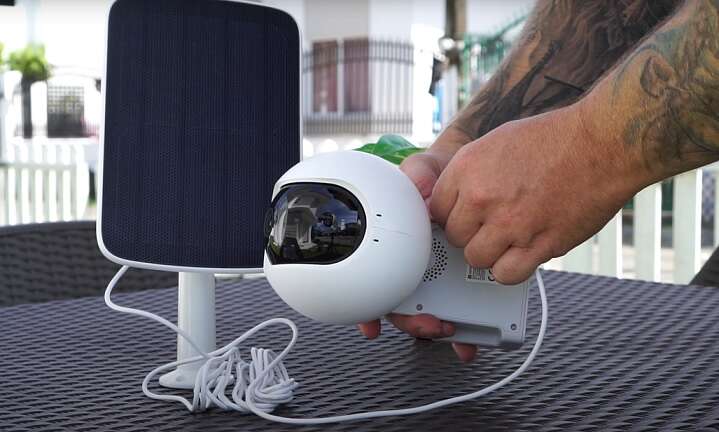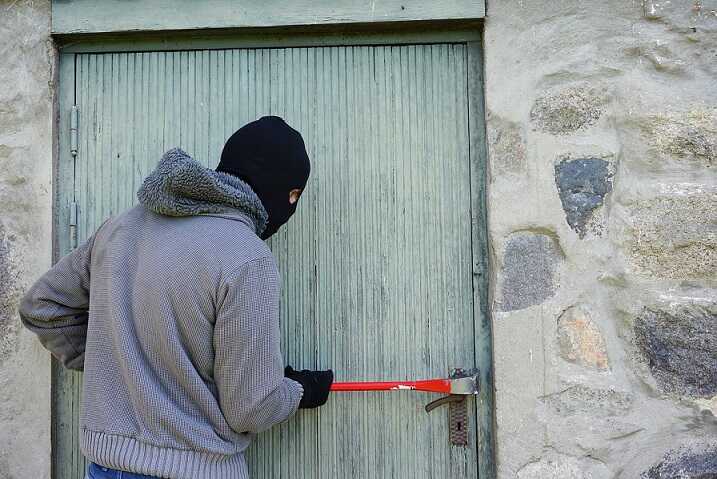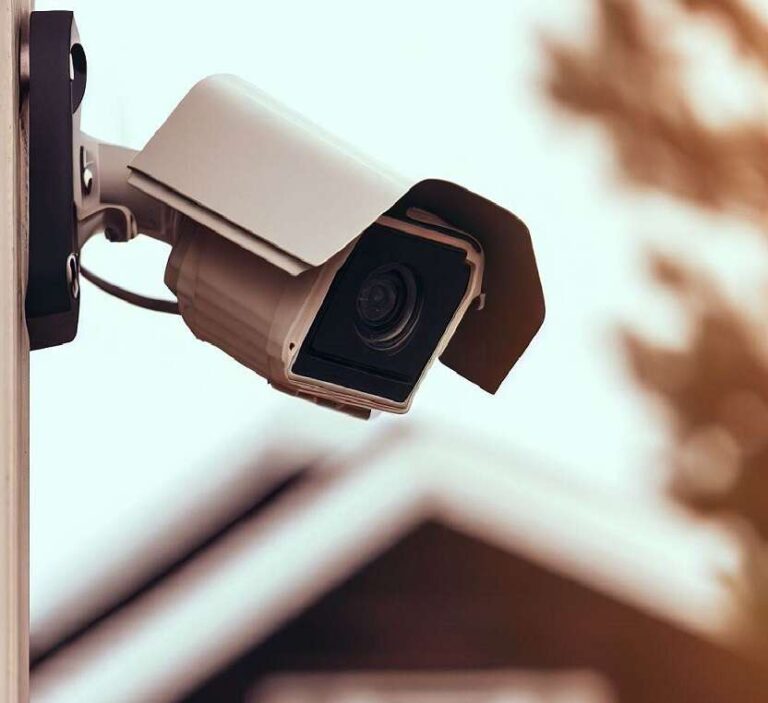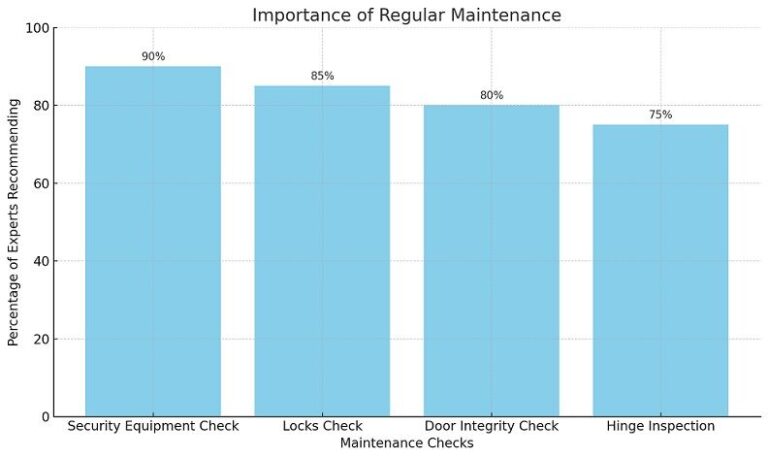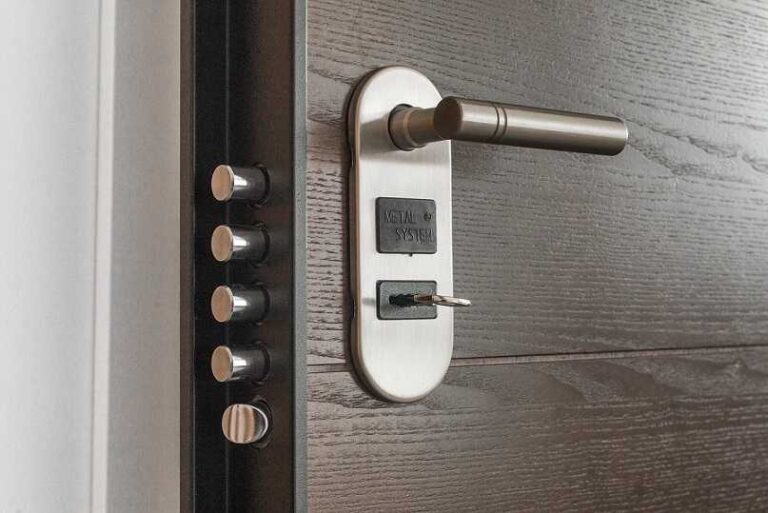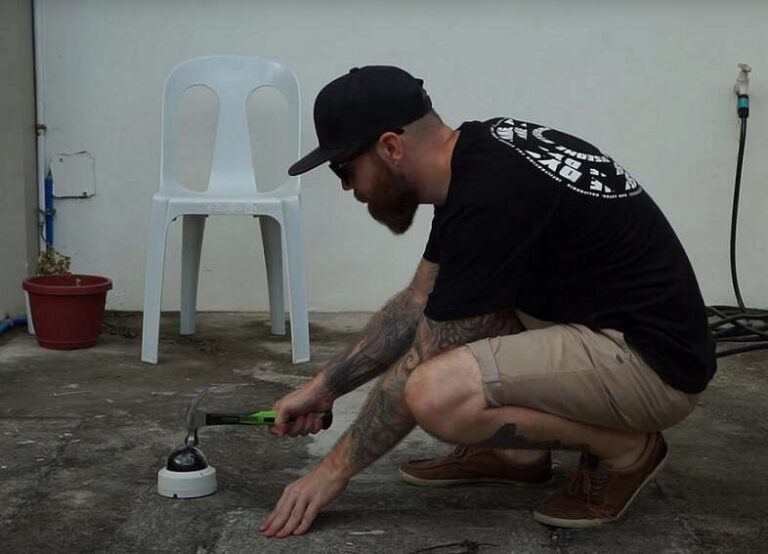How to Secure Your Home When Traveling
When planning a trip, it’s crucial to consider the security of your home while you’re away. Taking appropriate measures to secure your property can provide peace of mind and protect your belongings.
This article aims to guide you on how to secure your home when traveling, ensuring that you can enjoy your vacation without worrying about the safety of your house.

Preparing Your Home
Before embarking on your trip, there are several steps you can take to prepare your home and make it less susceptible to burglaries. Start by informing trusted neighbors or friends about your absence, giving them key contact information and asking them to keep an eye on your property. They can help by reporting any suspicious activities and ensure that your home appears occupied.
It’s also essential to put a hold on mail and newspaper deliveries. A pileup of mail and newspapers is a telltale sign that no one is home, making your house an attractive target for burglars. Contact your local post office and newspaper provider to suspend deliveries temporarily. Alternatively, you can ask a neighbor to collect your mail during your absence.
Installing timers for lights and electronics can create the illusion of an occupied home. Set timers to turn on and off lights, radios, or televisions at different times throughout the day. This will give the impression that someone is present, deterring potential burglars.
Enhancing Security Measures
Investing in a reliable security system is an effective way to secure your home when traveling. Modern security systems offer features such as motion sensors, alarms, and monitoring services, providing an extra layer of protection. Consider installing a security system that suits your needs and budget.
In addition to a security system, setting up surveillance cameras can significantly enhance your home’s security. Visible cameras act as deterrents, while hidden cameras can capture valuable evidence if an incident occurs. Place cameras strategically to cover entry points and vulnerable areas, ensuring maximum coverage.
Smart home technology can be leveraged to fortify your home’s security. With smart locks, you can remotely lock and unlock doors, granting access to trusted individuals when necessary. Smart lighting systems can be programmed to turn on and off, creating the illusion of activity. Explore the various smart home options available and choose the ones that align with your preferences.
Reinforcing entry points is another vital aspect of securing your home. Strengthen doors by installing deadbolt locks and using longer screws in the strike plates. Consider installing a door reinforcement kit for added security. Additionally, reinforce windows with window locks or security film to make them more resistant to break-ins.
Avoiding Social Media Oversharing
While it may be tempting to share exciting travel plans on social media, it’s important to exercise caution. Broadcasting your absence publicly can make your home a target for criminals. Follow these steps to avoid oversharing:
- Adjust your privacy settings: Review your social media privacy settings and ensure that your posts are only visible to trusted friends and family. Limiting your audience reduces the risk of broadcasting your absence to potential burglars.
- Be cautious with check-ins and geotags: Avoid checking in at airports, hotels, or tourist attractions while on your trip. Similarly, refrain from using geotags on your posts, as they reveal your current location. Save the check-ins and geotags for after you return.
- Share vacation photos after returning: It’s best to wait until you’re back home before sharing vacation photos on social media. This way, you won’t inadvertently inform others that your house is vacant.
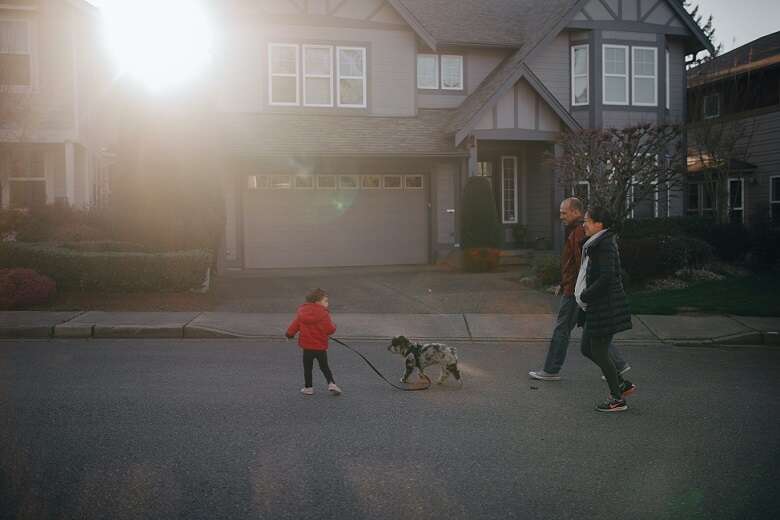
Engaging Neighbors and Community
Building a strong connection with your neighbors and engaging with your local community can contribute to the security of your home. Consider the following steps:
- Join neighborhood watch programs: Neighborhood watch programs bring residents together to create a safer community. Participate in these programs to stay informed about local security concerns and collaborate with neighbors to deter crime.
- Build connections with neighbors: Get to know your neighbors and establish a sense of trust and camaraderie. Look out for one another’s properties and report any suspicious activities promptly.
- Share contact information: Exchange contact information with trusted neighbors so that you can reach each other in case of emergencies or unusual incidents.
- Offer assistance to others: Being a helpful and supportive neighbor fosters a sense of community and encourages others to look out for your home when you’re away. Offer to collect mail or keep an eye on their property during their travels.
Additional Safety Measures
In addition to the previous measures, there are further steps you can take to enhance the security of your home when traveling:
- Safeguard valuable items: Store valuable jewelry, cash, and important documents securely in a home safe or a safe deposit box. Keep an inventory of valuable possessions, including serial numbers, to assist with insurance claims if necessary.
- Storing important documents securely: Place important documents such as passports, birth certificates, and insurance papers in a secure location. Consider using a fireproof and waterproof document bag or a locked drawer.
- Temporarily suspend deliveries: Contact your local post office, as well as any delivery services, to pause deliveries while you’re away. This includes suspending regular subscriptions and redirecting packages to a secure location.
- Securing outdoor areas: Ensure that your outdoor areas are well-lit. Trim bushes and hedges near windows and entry points to eliminate potential hiding spots for burglars. Consider installing motion sensor lights to deter unwanted visitors.
Conclusion
Securing your home when traveling is essential to protect your property and provide peace of mind during your trip. By following the outlined steps, such as preparing your home, enhancing security measures, avoiding social media oversharing, engaging neighbors and the community, and implementing additional safety measures, you can significantly reduce the risk of burglaries or incidents. Remember, taking proactive measures to safeguard your home will allow you to relax and enjoy your travels to the fullest.
FAQs
Should I inform the police about my upcoming trip?
It’s not necessary to inform the police about your trip unless your local law enforcement agency has specific programs or services in place for vacation checks. However, it’s beneficial to notify trusted neighbors or community watch groups.
Is it necessary to invest in a professional security system?
While professional security systems offer comprehensive protection, they might not be suitable for everyone due to cost or personal preferences. There are various DIY security options available that can still enhance your home’s security.
How long should I suspend mail and newspaper deliveries?
It’s recommended to suspend mail and newspaper deliveries for the entire duration of your trip. This will help avoid accumulation, which signals that the house is unoccupied.
Can I use fake security cameras as a deterrent?
Fake security cameras might act as a deterrent to some extent, but they lack the functionality and effectiveness of real cameras. It’s advisable to invest in actual surveillance cameras for optimal security.
Should I notify my home insurance provider when traveling?
Review your home insurance policy to understand if there are any specific requirements or recommendations regarding travel. While it’s not mandatory to notify your provider, informing them about your absence may be beneficial in certain cases.

